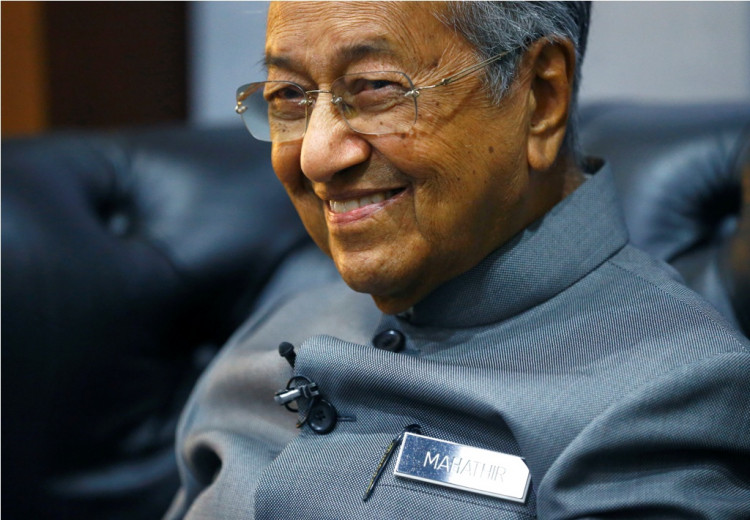Singaporean innovative tech startup IGSS Ventures believes that Malaysia has what it takes to become the world's center for wafer fabrication business ventures. Founder and Group CEO Raj Kumar said the country has the "appeal" that global companies are looking for.
According to The Star, Raj noted that the Malaysian semiconductor and wafer fabrication sectors have exemplified effective management of global issues such as intellectual property and engineering that will pay off in the near future.
While Raj strongly believes in the capabilities of the Malaysian wafer fabrication sector, he recommended the implementation of policies that will seek to improve the industry's overall operations.
Raj also praised Malaysia's already globally competitive position in semiconductor wafers purity. "In fact, only Singapore and Malaysia currently have wafer fab infrastructure and capabilities in Southeast Asia," he noted.
Purity is a critical gauging factor among global investors and companies looking to establish production plants in Southeast Asian countries. In the case of Malaysia, it has reached the high standards that international markets demand.
China is still the leading wafer fab in Asia but analysts believe Malaysia can also succeed in this industry through the appropriate implementation of necessary reforms and continuous dedication towards its existing pledge towards quality semiconductor operations.
The Malaysian government has been hard at work in the goal of reinstating the country as an Asian tiger. For some analysts, becoming a world center for semiconductor and wafer fabrication sectors could help drive the economy to a higher position in the region.
Following the U.S. government's blacklisting of Chinese tech behemoth Huawei, multiple local outlets reported that Malaysia's tech stocks went down as the Malaysian market felt the brunt of the blanket ban on one of its largest trading partners.
It was initially thought that the drop in tech stocks would affect semiconductor businesses in the country. However, with renewed interest in Malaysia's high-quality wafer fab standards, analysts believe the country's semiconductor segments can overcome beatings brought about by the China-U.S. trade war.
Another challenge that the Malaysian economy and business environment could face is its inclusion in the U.S. Treasury Department's monitoring list for potential currency manipulation.
While some investors are worried for the Malaysian economy, Finance Minister Lim Guan Eng noted in a speech last week that the country's inclusion in the list could be a positive sign. He said the inclusion is proof that Malaysia has "a healthy current account surplus."
Guan Eng further argued that both the account surplus and trade surplus that Malaysia has against the United States are proof of a competitive economy. He said the inclusion does not necessarily mean that the country is manipulating other currencies.






